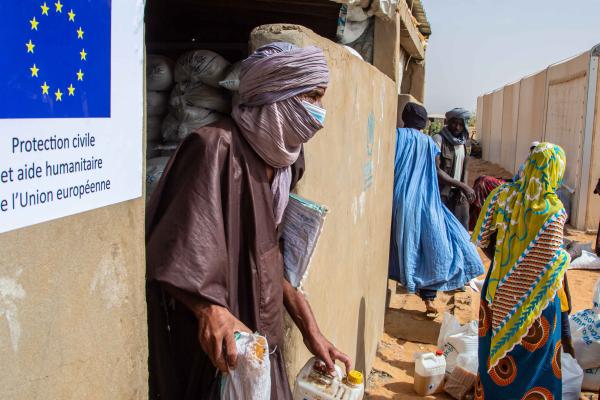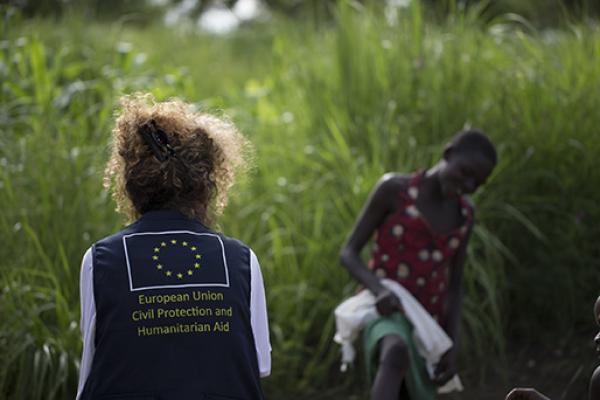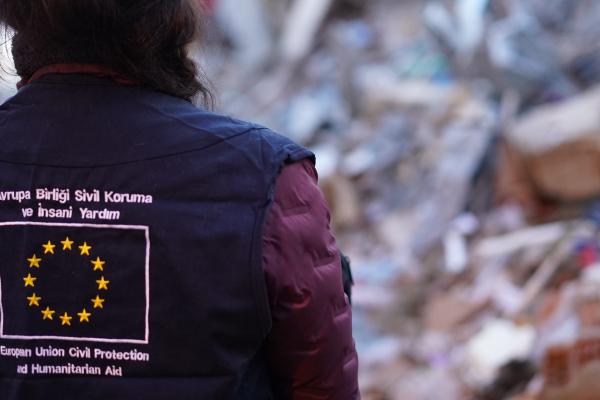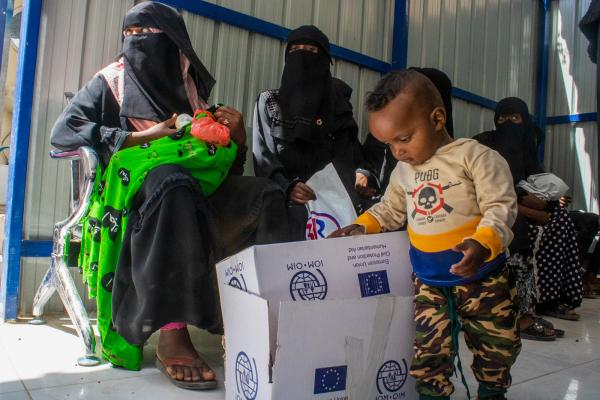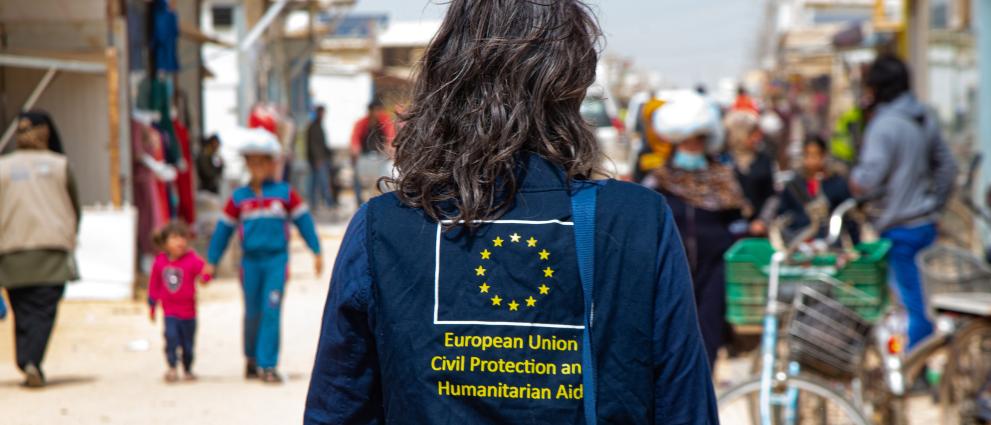
On the occasion of World Humanitarian Day on 19 August, High Representative/Vice President, Josep Borrell, and Commissioner for Crisis Management, Janez Lenarčič, have issued the following statement:
“Around the world, more and more people are being pushed deeper into humanitarian crises due to new and ongoing conflicts and the consequences of the climate and ecological emergency. If those in need of humanitarian assistance formed a country, it would be the third largest globally. And this suffering non-country is growing at an exponential rate – up 30% since early 2022. Now more than ever before, people in crises are in need of humanitarian support.
That is why, on World Humanitarian Day, we pay tribute to aid workers on the frontlines risking their lives to save others and reduce human suffering – and honour the memory of those who perished in the service of others.
This summer marks 20 years since the devastating bomb attack on UN headquarters in Baghdad, which killed 22 people, mostly humanitarian aid workers. Sadly, the risk landscape has only worsened since then. Today, aid workers around the world are in greater danger than ever before. This year so far, attacks against aid workers have tragically led to 62 humanitarians being killed, 33 kidnapped, and 82 wounded. These acts are unacceptable and must not be tolerated.
The protection of civilians, including aid workers, as well as of medical personnel, is an obligation under International Humanitarian Law which must be respected, including ensuring unimpeded access for humanitarian aid.
Russia's war of aggression against Ukraine has led to a global energy and food security crisis, causing a worsening humanitarian situation across the globe. We have also seen new conflicts erupt, such as the devastating fighting in Sudan and military coups in the Sahel worsening the overall situation on the ground. To make matters worse, Russia's decision to terminate the Black Sea Grain Initiative, followed by increased attacks on Ukrainian Black Sea and Danube ports, disrupting grain deliveries worldwide, will plunge countless communities deeper into food insecurity such as in Afghanistan, Djibouti, Ethiopia, Kenya, Somalia, Sudan or Yemen.
In the face of these sustained threats, we continue efforts to close the growing gap between needs and available funding. The EU is among the leading global humanitarian donors and invites the international donor community to step up its commitments.
Together, we can help people trapped in humanitarian crises. And we can protect the aid workers on the ground who bring the support and hope that these people desperately need.”
Details
- Publication date
- 18 August 2023
- Author
- Directorate-General for European Civil Protection and Humanitarian Aid Operations (ECHO)

